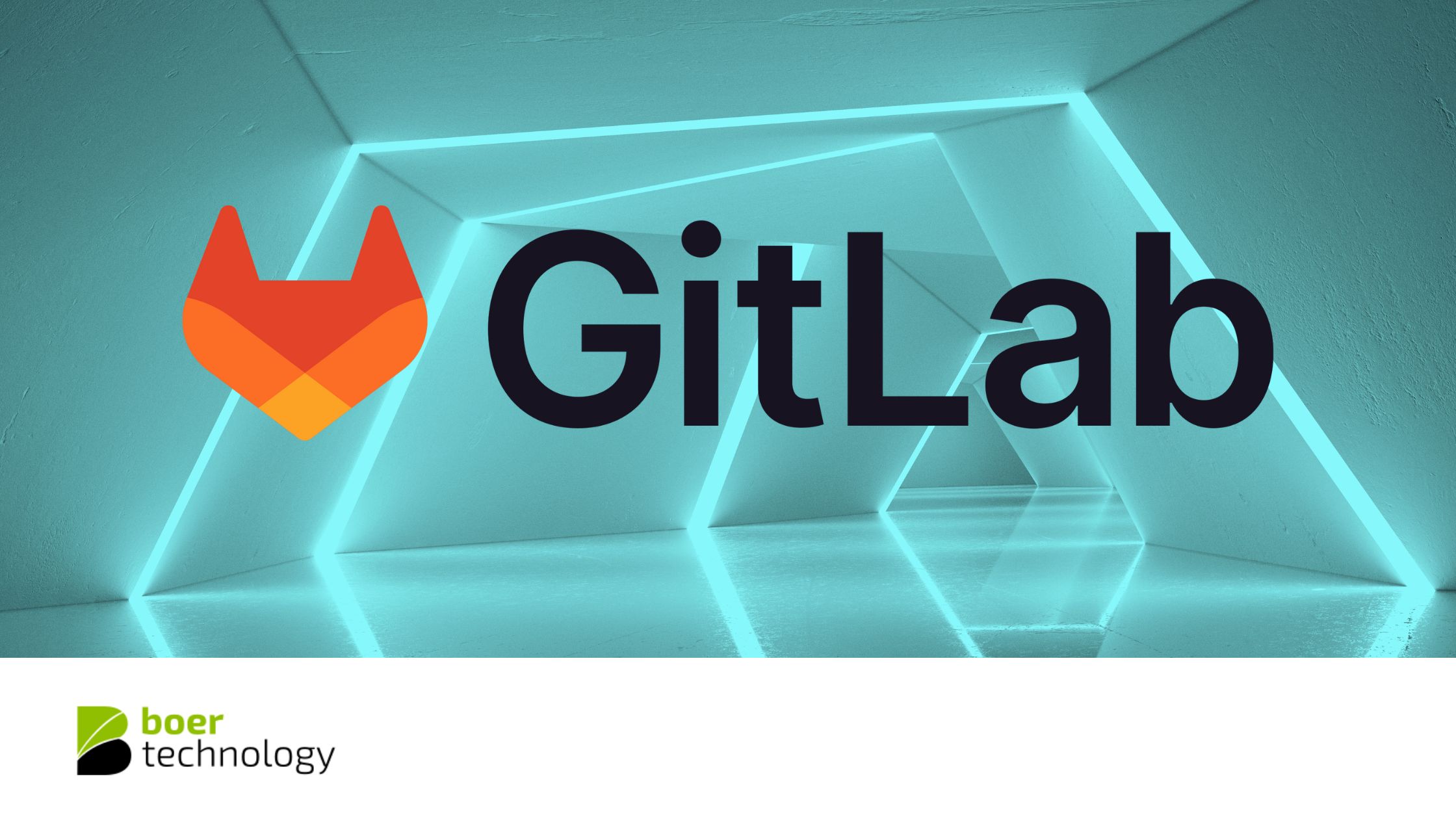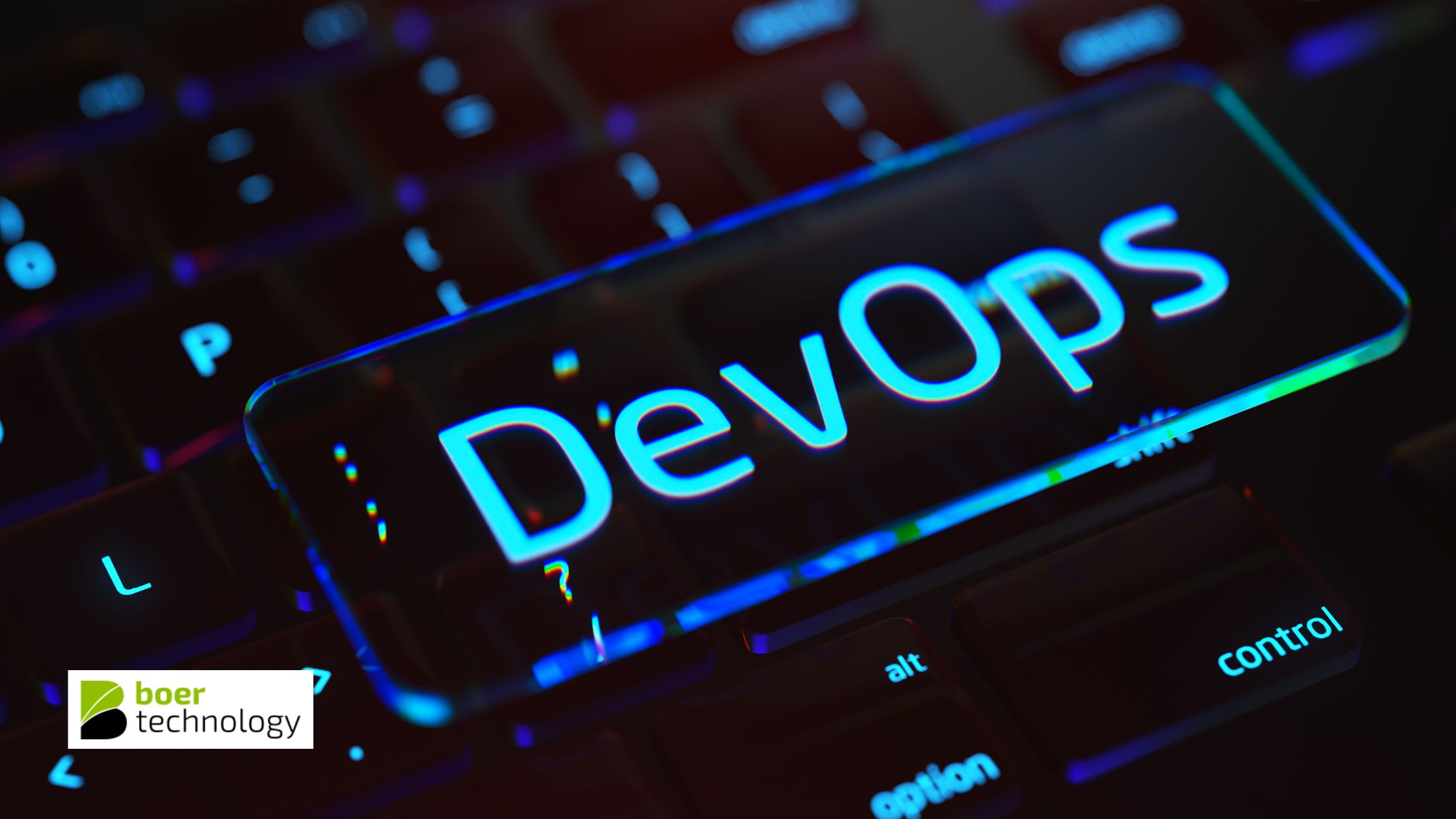Introduction
In today's rapidly evolving technological landscape, businesses must adapt to stay competitive. The adoption of DevOps and DevSecOps practices has become essential for organizations seeking to streamline their software development and deployment processes. GitLab, a comprehensive DevOps platform, has emerged as a critical tool for implementing these practices. This article explores why DevOps and DevSecOps need GitLab and how it facilitates the efficient and secure delivery of software.
Streamlined Collaboration
One of the core principles of DevOps is collaboration between development and operations teams. GitLab provides a single platform that integrates version control, CI/CD (Continuous Integration/Continuous Deployment), and project management, fostering seamless collaboration. With GitLab, developers and operations professionals can work together more efficiently, reducing bottlenecks and improving communication.
Unified Platform
GitLab's unified platform eliminates the need for multiple tools and integrations, simplifying the development pipeline. This integration ensures that all team members have access to the same information, reducing the risk of miscommunication and errors. The platform's comprehensive features allow teams to manage code, track issues, and monitor progress in one place, enhancing overall productivity.
Enhanced Security with DevSecOps
Security is a top priority in modern software development. DevSecOps extends the principles of DevOps by integrating security practices throughout the development lifecycle. GitLab's robust security features make it an ideal platform for implementing DevSecOps.
Built-in Security Tools
GitLab offers built-in security tools that automate the detection and remediation of vulnerabilities. Features such as Static Application Security Testing (SAST), Dynamic Application Security Testing (DAST), and Dependency Scanning allow teams to identify and address security issues early in the development process. By integrating these tools into the CI/CD pipeline, GitLab ensures that security is not an afterthought but a continuous practice.
Compliance and Governance
Maintaining compliance with industry standards and regulations is crucial for many organizations. GitLab provides comprehensive compliance and governance features, including audit logs, role-based access control, and policy management. These tools help organizations ensure that their software development processes adhere to required standards, reducing the risk of non-compliance and associated penalties.
Accelerated Development and Deployment
Speed is of the essence in software development. GitLab's CI/CD capabilities enable organizations to automate the build, test, and deployment processes, significantly reducing the time required to deliver new features and updates.
Continuous Integration and Continuous Deployment
GitLab's CI/CD pipelines allow teams to automate repetitive tasks, such as code compilation, testing, and deployment. This automation reduces manual intervention, minimizes errors, and accelerates the delivery of software. By enabling continuous integration and continuous deployment, GitLab helps organizations maintain a fast-paced development cycle, ensuring that they can quickly respond to market demands and user feedback.
Auto DevOps
GitLab's Auto DevOps feature further simplifies the CI/CD process by providing pre-configured pipelines that automatically build, test, and deploy applications. Auto DevOps leverages GitLab's best practices to streamline the development process, making it easier for teams to adopt DevOps practices without extensive configuration.
Visibility and Transparency
Effective DevOps and DevSecOps practices require transparency and visibility into the development process. GitLab provides comprehensive monitoring and reporting tools that give teams insights into their project's status and performance.
Real-time Monitoring
GitLab's real-time monitoring capabilities allow teams to track the health and performance of their applications. Metrics such as build times, test results, and deployment status are readily available, enabling teams to identify and address issues promptly. This visibility ensures that potential problems are detected early, reducing downtime and improving overall reliability.
Dashboards and Analytics
GitLab's customizable dashboards and analytics provide a holistic view of the development process. Teams can track key performance indicators (KPIs), monitor progress, and generate reports to assess their performance. These insights help organizations make data-driven decisions, optimize their workflows, and continuously improve their development practices.
Conclusion
In the world of DevOps and DevSecOps, GitLab stands out as a powerful platform that enhances collaboration, security, speed, and visibility. By providing a unified solution for version control, CI/CD, and project management, GitLab enables organizations to streamline their development processes and deliver high-quality software efficiently and securely. For any organization looking to implement or improve their DevOps and DevSecOps practices, GitLab is an indispensable tool that drives innovation and success in today's competitive landscape.



